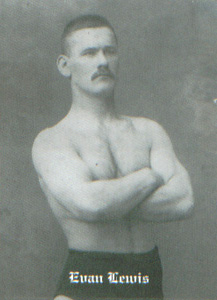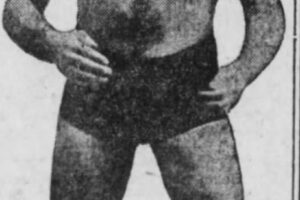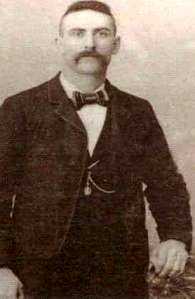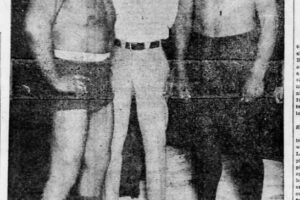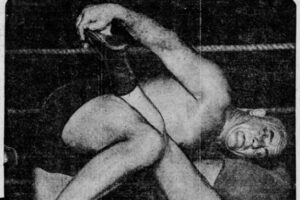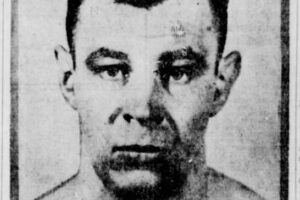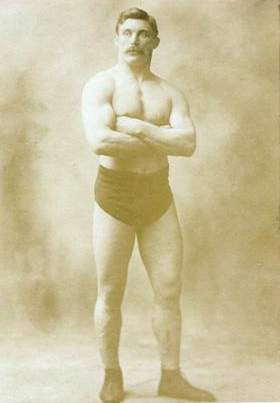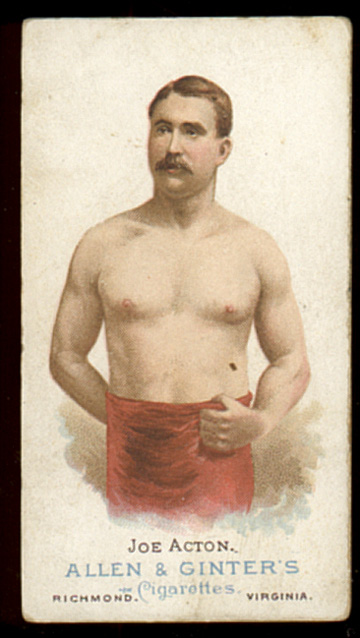Beell gana el título
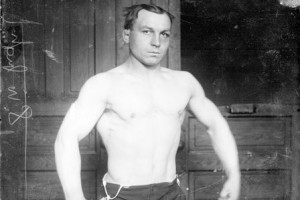
Fred Beell era un fuerte, talentoso luchador profesional a principios del siglo XX. Beell les dio duras competencias a los mejores luchadores de la época, pero su falta de tamaño a menudo obstaculizó su habilidad con los luchadores de clase mundial.. Aunque poderosamente construido, Beell figuraba generosamente en el puesto 5’06”. en su momento más pesado, Beell nunca superó 170 libras. Mientras posea el título de culturista
» Leer más

